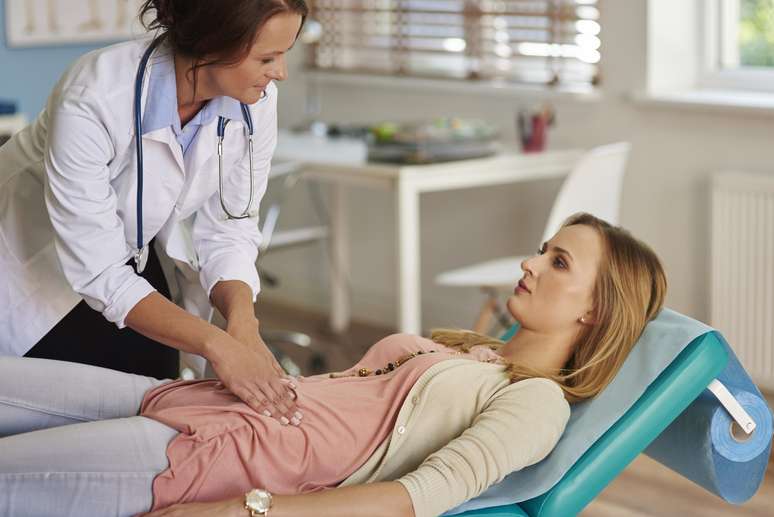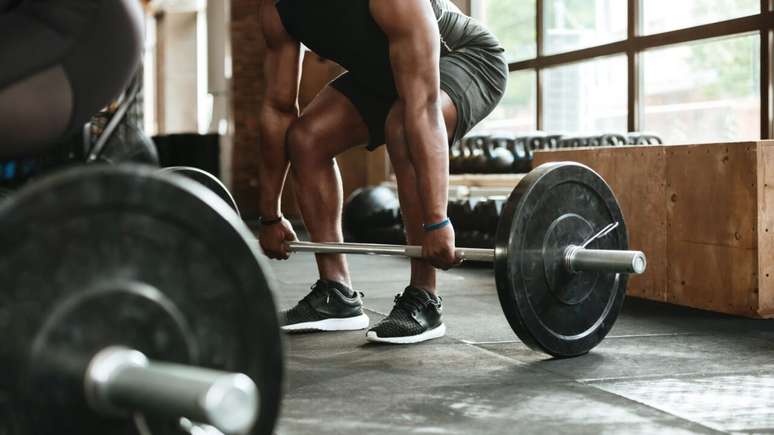The procedures require training and are able to diagnose and treat a variety of gastrointestinal conditions.
Endoscopy and colonoscopy are essential procedures for the early diagnosis and treatment of gastrointestinal diseases. Both tests play an important role with their accurate diagnoses, from the perception of simple symptoms to more complex diseases.
Colonoscopy
Colonoscopy is a test that helps evaluate the inside of the colon, used to diagnose various bowel problems, such as cancer, ulcers, diverticulitis and others.
According to the Ministry of Health, colonoscopy should be performed starting at age 50, at intervals of 3 or 5 years. However, if there is a family history of bowel cancer or ulcerative colitis, a colonoscopy can be performed around age 30.
The exam is performed with a flexible instrument called a colonoscope, which has a small camera on the tip. During a colonoscopy, the doctor inserts the colonoscope through the patient’s anus to view the lining of the colon on a video monitor.
“The procedure does not hurt and is recommended in cases of blood in the stool, abdominal pain, severe diarrhea or sudden changes in intestinal function,” the Ministry specifies.
Endoscopy
Upper digestive endoscopy (EDA) is a test that can diagnose and treat some of the most common upper digestive tract conditions. The endoscopic procedure allows direct visualization of the inside of the esophagus, stomach, and the beginning of the small intestine (duodenum).
During endoscopy, the endoscope is introduced into the patient’s body through the mouth, allowing the doctor to directly view internal structures in real time.
Endoscopy is indicated to evaluate symptoms such as abdominal pain, difficulty swallowing, persistent heartburn, diagnosis of stomach or duodenal ulcers, investigation of bleeding in the upper digestive tract, as well as screening and diagnosis of cancer of the esophagus, stomach, or duodenum.
“The procedure is performed by a gastroenterologist and can be used both as a diagnosis and to treat various problems of the upper digestive system,” the Ministry of Health indicates.
What should I do before the exam?
Preparation for colonoscopy and endoscopic examinations generally involves specific steps, indicated by the doctor, which ensure the cleaning of the gastrointestinal tract, making it suitable for viewing during the procedures.
Preparing for a colonoscopy:
Special diet: Generally, you will need to follow a clear liquid diet one to two days before the test. This includes water, clear broths, pulp-free juices, colorless gelatin, and tea.
Drug: Your doctor may prescribe a specific laxative to be taken the day before the test.
Fast: You are required to fast for a certain period of time before the procedure, usually after midnight the day before the colonoscopy.
Endoscopic preparation:
Fast: You must fast for at least 6 hours before the endoscopy to ensure that your stomach is empty. This avoids the risk of aspiration of gastric contents during the procedure.
Drug: In some cases, your doctor may recommend that you change or temporarily stop medications that may be affecting your stomach or esophagus.
Anesthesia or sedation: Endoscopy can be performed with local anesthesia in the throat or with light to moderate sedation to make the procedure more comfortable.
Source: Terra
Ben Stock is a lifestyle journalist and author at Gossipify. He writes about topics such as health, wellness, travel, food and home decor. He provides practical advice and inspiration to improve well-being, keeps readers up to date with latest lifestyle news and trends, known for his engaging writing style, in-depth analysis and unique perspectives.









